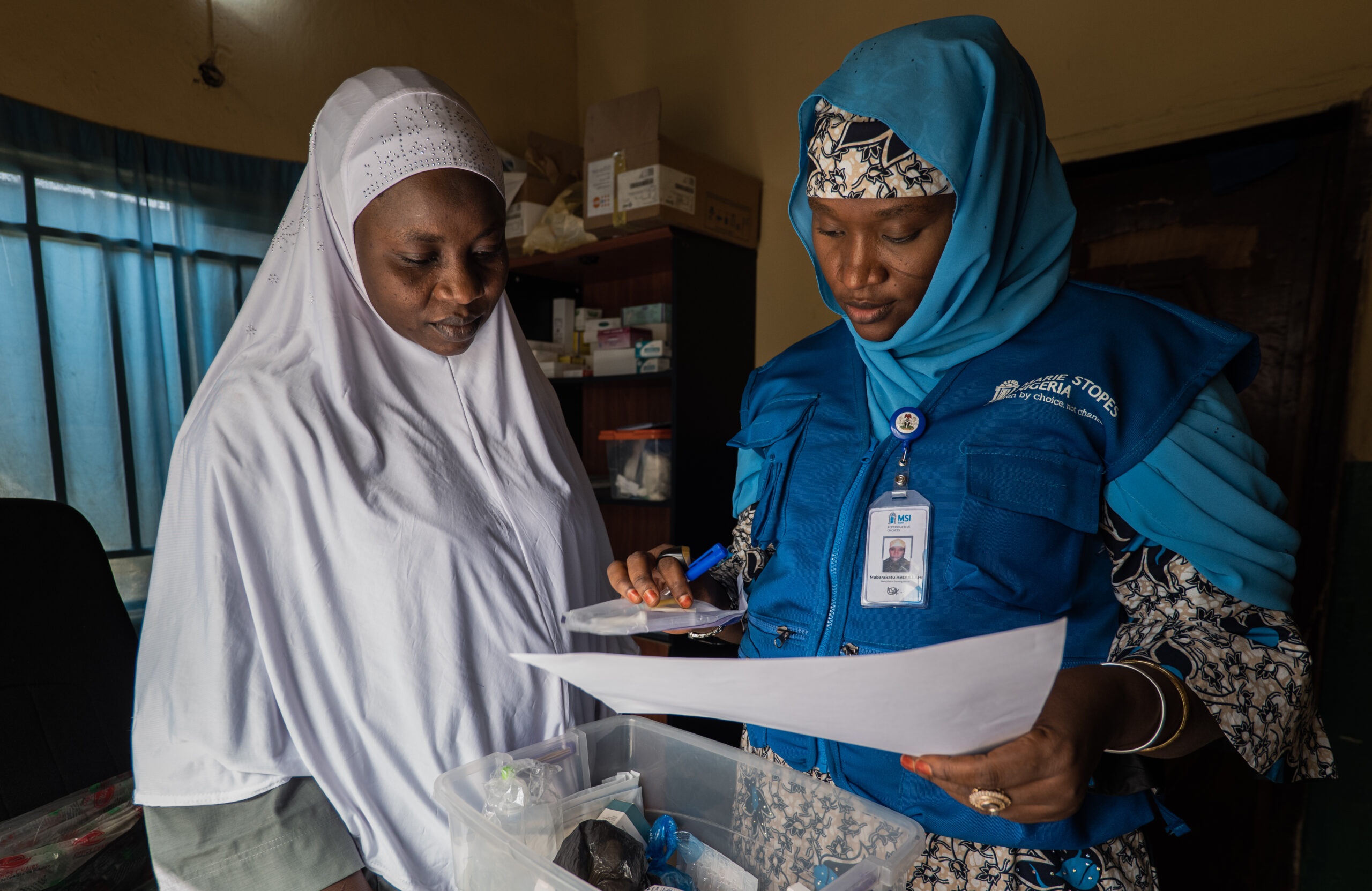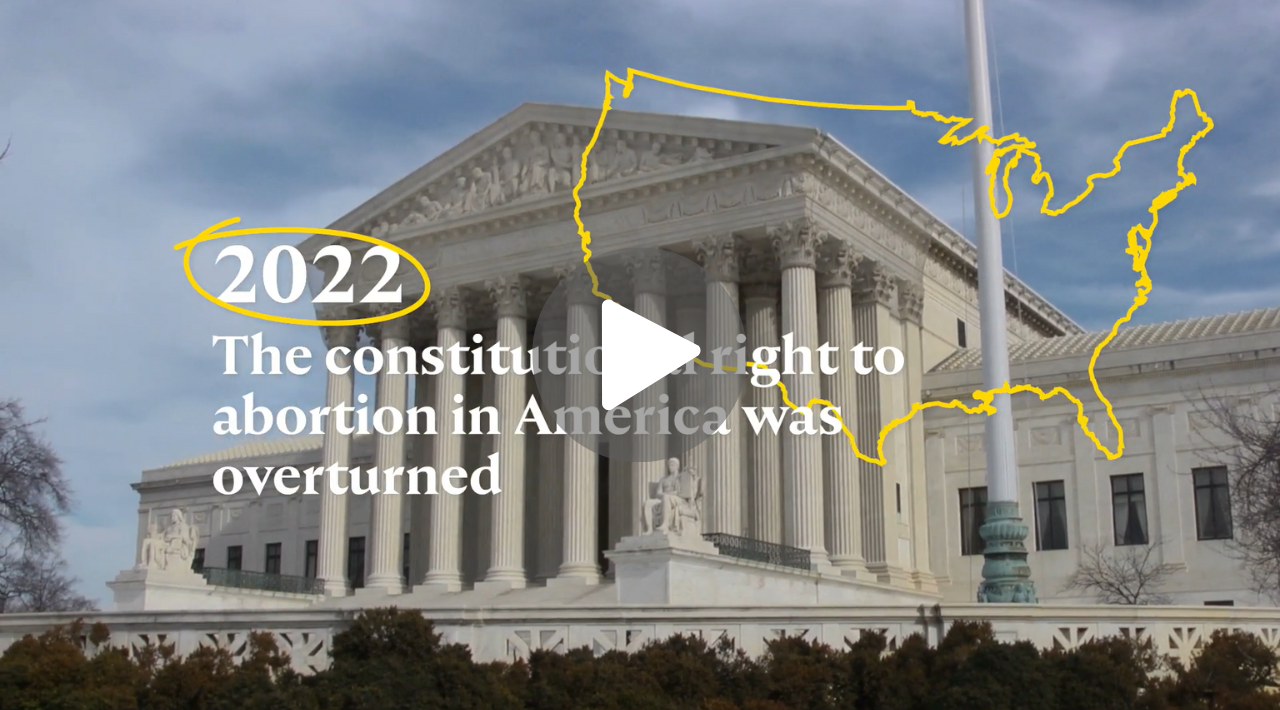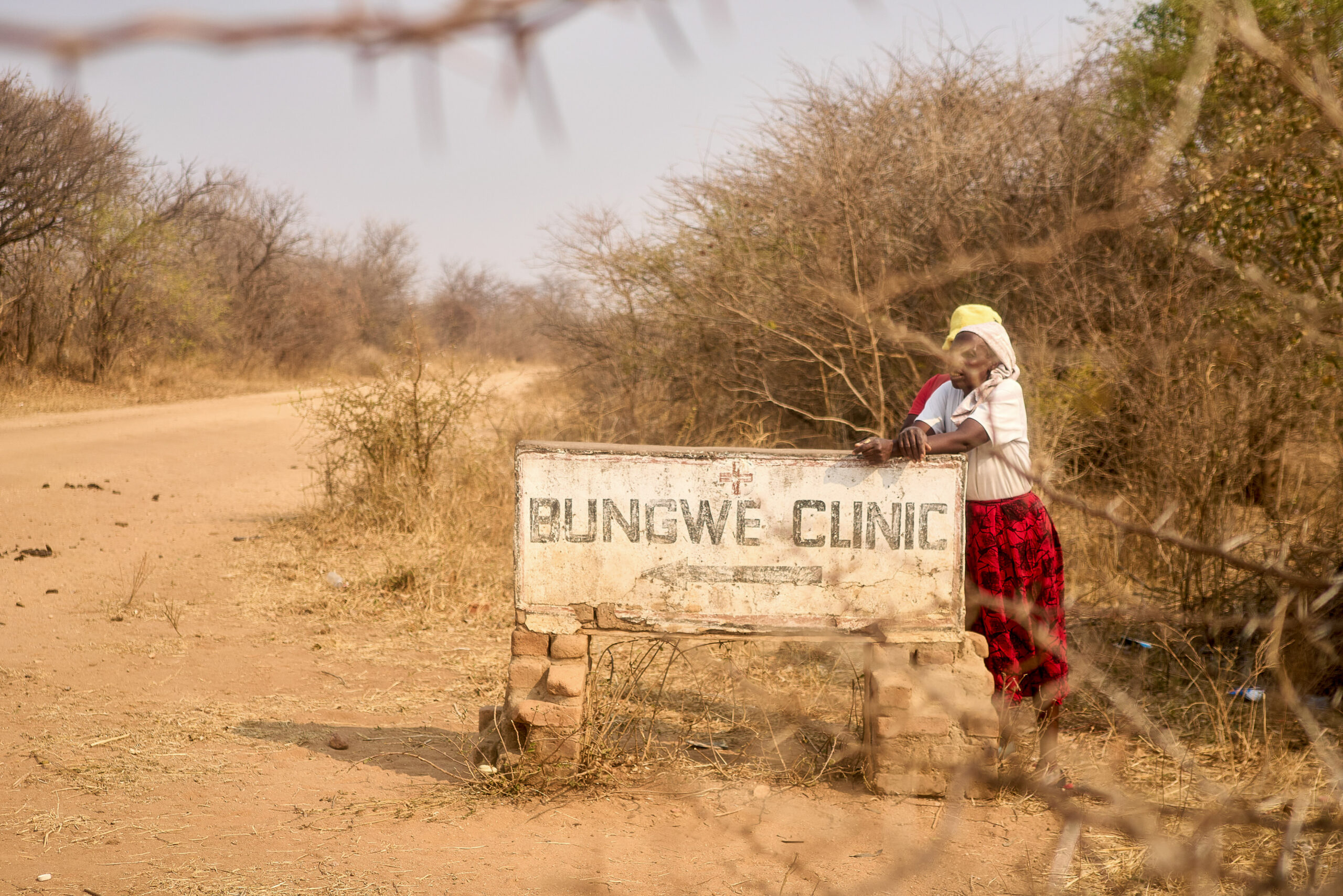“It doesn’t matter where you nurse. It doesn’t matter who you nurse. I knew that I was doing the right thing for women.”
In 2016, one of our longest-serving team members retired after many years of service.
Sister Laeticia Dlovo – known to colleagues as Ma Letty – joined MSI South Africa in 1998, two years after South Africa liberalised its abortion law in a bid to decrease maternal deaths. Since then, the country has seen tremendous improvements in maternal health, and Laeticia played an active role in this change, providing women with safe abortion services.
“You know in the olden days you were not allowed to fall pregnant,”says Sister Laeticia, speaking from the small back office of MSI South Africa’s Port Elizabeth centre.
“It was like a crime to fall pregnant. If you were working, you would lose your job. If you were at school, you were going to be expelled from school. And your family would also reject you because you had ‘disgraced them’. So it was like a crime.”
“Some of them were lucky enough to be helped, but some of them would end up in the intensive care unit and they would die because of abortion.”
Encountering unsafe abortion
When Sister Laeticia left school, South Africa was a very different country. Strict apartheid laws meant that black women who wanted a career had only two options: teaching or nursing. Laeticia, who had always loved taking care of people, chose the latter. After gaining qualifications in nursing and midwifery, she found herself working on the gynaecology ward at the Livingstone Hospital. This was where she first encountered women suffering the after-effects of unsafe abortion.
“In the mornings, when you would walk on the ward, there would be a string of trolleys going to theatre [for complications from unsafe abortion]. Some of them were lucky enough to be helped, but some of them would end up in the intensive care unit and they would die because of abortion.”
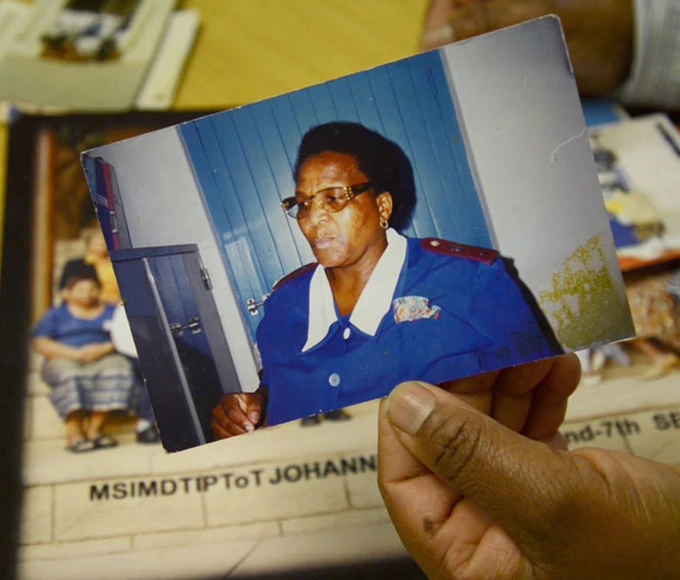
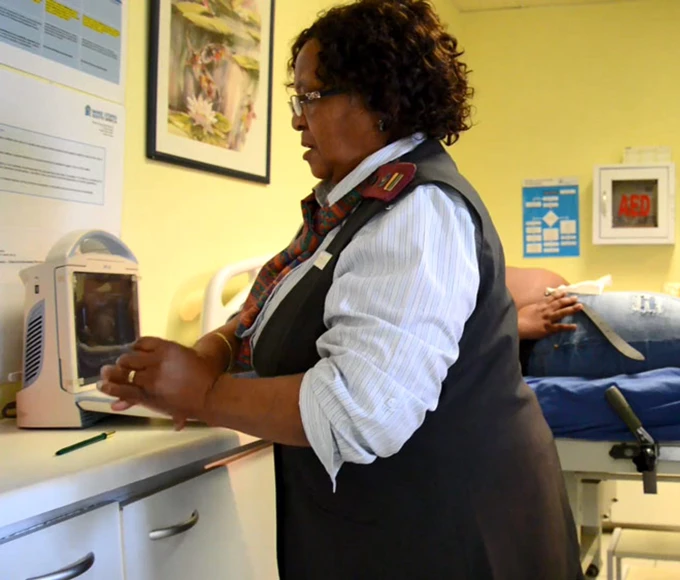
With no safe abortion services available at that time, the women Laeticia encountered on the ward might have tried any number of unsafe methods to end an unplanned pregnancy, from drinking bleach or Jeyes Fluid, to inserting objects like knitting needles into their vaginas. “Very dangerous stuff,” nods Laeticia. These attempts frequently resulted in severe internal injuries, compounded by the fact that – with abortion at that time carrying the risk of a prison sentence – women would rarely seek medical help until they were already dangerously ill.
“As a young woman, it really touched me to see those girls. They were young. Some of them had their careers ahead of them. Some were studying. Some were working…” Laeticia shakes her head as if to clear the memory. She admits she doesn’t like talking about this. “But in any case, it happened.”
Joining MSI Reproductive Choices
When a position was advertised at MSI South Africa in 1998, Laeticia knew that – now that safe abortion was permitted in the country – providing women with terminations would be part of the role. She remembers hesitating before applying, not because of her own Christian faith, but because she was concerned how her loved ones would react.
“I was having these mixed thoughts. Should I go? What is my family going to say? What are my children going to say? What about the community? What about the church? What about my mother? My mother is a Bible woman.” Laeticia’s eyes widen and she laughs. “What’s she going to say?”
The response from Laeticia’s family was overwhelmingly supportive. Only her mother challenged her decision. “When I told her, oh she preached at me. Then I looked at her and asked her one question: would I rather let women go and suffer and die than give them the nursing care they need and help them? She listened to that question and said ‘Whatever you think is right’.”
On the question of how she balances her personal faith with the moral debate that continues to surround abortion, Laeticia has a straight-forward answer. “God doesn’t allow us to be judgmental. Who are we to judge other people? If you are a nurse, you are a nurse. It doesn’t matter where you nurse. It doesn’t matter who you nurse. I knew that I was doing the right thing for women.”
“You must love those that come to seek help here. You are everything to them. You are an advisor, an educator, a psychologist. When they walk in here, they must offload their burden.”
Sister Laeticia
Putting the client first
Since abortion law was liberalised in South Africa, deaths relating to abortion have fallen by more than 90%. Sister Laeticia and her colleagues have played a vital role in this transformative change, treating every woman who walks through the doors of our Port Elizabeth centre as if she were a member of their own family. Laeticia recalls staying at the centre all night to care for one client, persuading the doctor to return every few hours to ensure she received the care she needed.
“You must love those that come to seek help here,” Laeticia says. “You are everything to them. You are an advisor, an educator, a psychologist. When they walk in here, they must offload their burden. The most rewarding part is when I’ve been able to help somebody who came in here crying. You must be able to comfort her. You must reassure her. You must say ‘Listen, young lady, there is still life after this. This is not the end of the world. Your goals are still there. You must accomplish them’.”
Since abortion law was liberalised in South Africa, deaths relating to abortion have fallen by more than 90%. Sister Laeticia and her colleagues have played a vital role in this transformative change, treating every woman who walks through the doors as if she were a member of their own family.






